‘This Stuff Keeps Me Up Late at Night’
Salud Carbajal Reflects on Gaza, Humanitarian Aid, Netanyahu, and His Trip to Holy Land
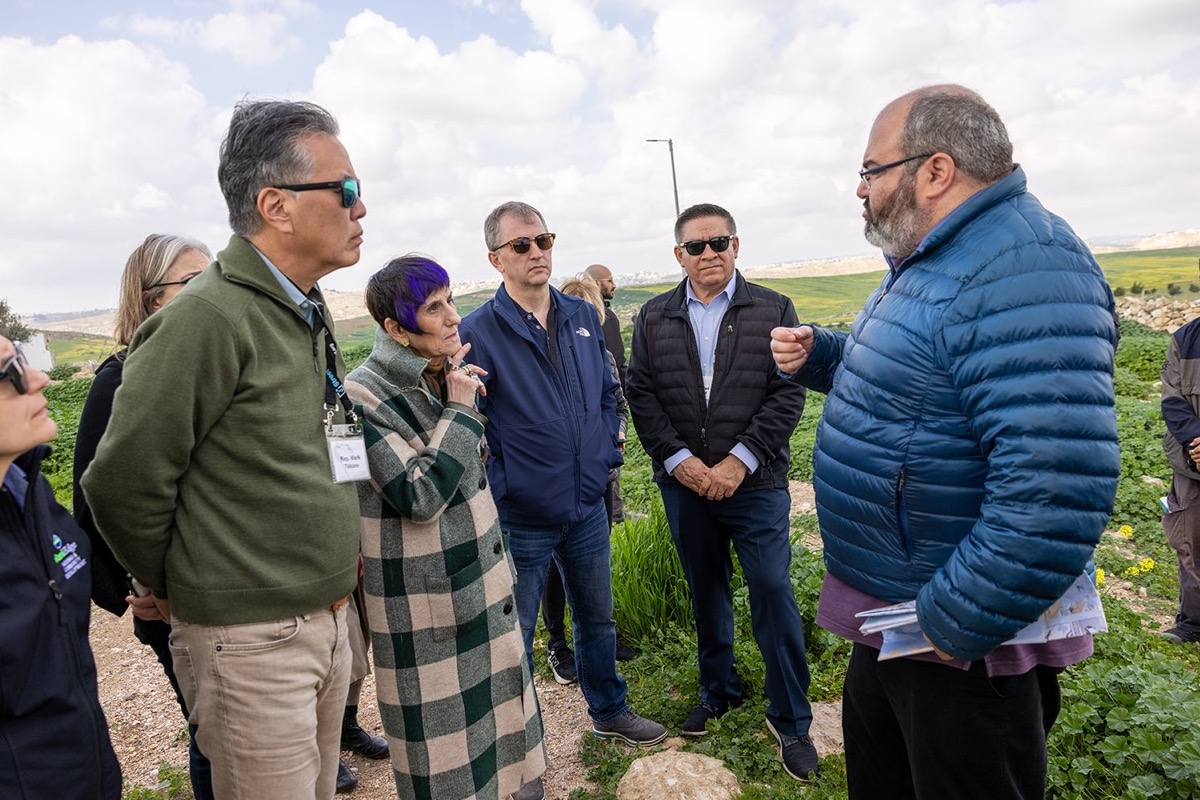
“This stuff keeps me up late at night,” declared Santa Barbara Congressmember Salud Carbajal, reflecting on the escalating violence enveloping Gaza and the Holy Land. Carbajal had just returned from a five-day trip to the region with five other congressional Democrats that had been organized by J Street, which Carbajal described as a “left-of-center” pro-Israeli lobby group.
Carbajal has been a staunch supporter of Israel’s mission to eradicate Hamas militarily since it launched its now-infamous attack last October 7, leaving 1,200 Israelis dead and taking 240 hostages. He supports it still — insisting that it’s possible to destroy Hamas as a military entity, though not as an ideological force. Of Hamas’s 26 military divisions, Carbajal said, 18 have already been eliminated. He supports Israel’s objective of eliminating the remaining eight, but only if Israeli Prime Minister Benjamin Netanyahu can outline a credible plan to protect Palestinian civilians in the process.
To date, Carbajal said, that has not happened. In fact, he charged, the Israeli government has yet to devise a workable plan to distribute humanitarian aid in a safely controlled manner. Last week, 116 Palestinians were shot and killed by Israeli troops after reportedly stampeding an emergency aid distribution station.
Carbajal’s trip concluded shortly before the United States launched the first of its two air-drops of humanitarian aid to Gaza as a way to bypass the blockade Israel imposed to staunch the flow. Carbajal said the U.S. is now also considering getting humanitarian aid to Palestinian civilians via sea. With the reported Palestinian death toll now more than 30,000, Carbajal said, “I’m outraged. Everybody’s outraged about the Palestinian loss of life.”
Carbajal and the rest of the congressional delegation had been scheduled to meet with Netanyahu, who called to cancel at the last minute. The prime minister, Carbajal said, sought to reschedule but selected a time he knew the delegation was not available.

Netanyahu has famously blown off President Joe Biden on several occasions, refusing at times to dispatch Israeli representatives to cease-fire negotiations Biden has supported, with little apparent consequence.
“Netanyahu is his country’s own biggest enemy — or worst enemy — and getting the United States to reconsider a lot of the support we provided,” Carbajal said. “He’s the one undermining the steadfast support the United States has had for Israel.”
Carbajal said the U.S. might need to impose conditions on the military aid it sends Israel if the rate of civilian casualties does not decrease. By what amount, Carbajal couldn’t say. “It’s an idea, but I’m not there yet,” he said, declining to speculate what it would it take to get him there.
Carbajal added that most of the military assistance the U.S. provides Israel is mostly defensive, but one condition he’d consider is curtailing the dropping of bombs where civilians are likely to be hit and requiring more surgical deployment of military force.
During their excursion, the congressional delegation met with former Israel president Isaac Herzog; Hussein al-Sheikh, secretary general of the Palestinian Liberation Organization; and Jack Lew, the U.S. Ambassador to Israel. They also visited the site of the music festival where more than 360 people were killed, with family members of some taken hostage, and a Palestinian village in the West Bank where Israeli settlers destroyed homes and a school.
The Israelis he met with, Carbajal said, were focused on their grief and on the eradication of Hamas. Many, he said, did not support Netanyahu. He was struck, he said, by the extent to which they were either unaware of or minimized the extent of the humanitarian crisis. Images showing the plight of the Palestinians, he said, don’t show up much in the Israeli media. Few appreciated, he said, the extent of settler violence — for both legal and illegal settlements — against Palestinians.
“I think they just downplayed it,” Carbajal said. “There’s no other way to say it. One official told us settler violence was blown all out of proportion.” Carbajal said he pressed back. “I said, ‘If it’s so minimal, why isn’t your government pushing more to settle such a minor thing to make sure you don’t have this world perception?’”
Carbajal and the delegation did not go to Gaza, where Israel prohibits visits. But they visited a Palestinian village near Ramallah where Carbajal reported the villagers were forced out and later came back. “They tell you that settler violence is real and prevalent and pervasive,” Carbajal recounted. “They were intimidated to leave and then came back a few days later. All their homes were destroyed. Not just by hand, but by tractors. The school and the homes.”
Carbajal stressed that the history of the region is overwhelmingly deep and complex. Cramming to get up to speed, he said, is akin to “drinking water from a fire hose.” Long-term, he said, the one thing everyone agreed upon was that the U.S. needed to play a bigger leadership role fashioning some long-term solution where the safety of Israelis and Palestinians is assured. In the short term, he said, the most pressing need is humanitarian aid.
Upon their return, the delegation issued a statement blasting the Israeli government for killing “thousands of innocents — too many of which were avoidable and worsened a humanitarian crisis that has put millions at risk of starvation.” It also stated, “The current level of civilian loss of life in Gaza is unacceptable and far beyond what is necessary to defeat Hamas.” They also called for “an immediate sustained pause in fighting of at least six weeks to allow for increased humanitarian assistance and to protect Palestinian civilians” and “the release of all hostages that continue to be held by Hamas.”
Carbajal and the delegation — like Vice President Kamala Harris — are calling for what he calls a “cease-fire,” a highly fraught term that means very different things to different people. Carbajal has supported numerous resolutions calling for a strategic-pause cease-fire, but has not signed any of the more pro-Palestinian resolutions calling for a complete cease-fire. A complete cease-fire makes no sense, he said: Hamas still has hostages, it’s still shelling Israel, and its avowed objective is still the elimination of Israel. “You can call it a temporary cease-fire; call it whatever you want. People get caught up on semantics. If you want to call it a temporary cease-fire or a pause, that’s fine. I’m not into the semantic thing,” he said. “You know, I’m just into getting the outcomes we need to achieve here.”

Premier Events
Thu, May 02
5:00 PM
Santa Barbara
Things with Wings at Art & Soul
Sat, May 04
10:00 AM
Lompoc
RocketTown Comic Con 2024
Wed, May 01
7:30 PM
Santa Barbara
American Theatre Guild Presents “Come From Away”
Thu, May 02
5:00 PM
Santa Barbara
100th Birthday Tribute for James Galanos
Thu, May 02
5:00 PM
Santa Barbara
Meet the Creator of The Caregiver Oracle Deck
Fri, May 03
4:00 PM
Santa Barbara
Santa Barbara Fair+Expo “Double Thrill Double Fun”
Fri, May 03
8:00 PM
Santa barbara
Performance by Marca MP
Sat, May 04
10:00 AM
Solvang
Touch A Truck
Sat, May 04
11:00 AM
Santa Barbara
Mental Wellness Center’s 28th Annual Arts Faire
Sat, May 04
11:00 AM
Santa Barbara
Community History Day
Sat, May 04
3:00 PM
Solvang
The SYV Chorale Presents Disney Magic Concert
Sat, May 04
7:00 PM
Santa Barbara
A Star Wars Cantina Celebration: Renegades, Rebels, and Rogues
Thu, May 02 5:00 PM
Santa Barbara
Things with Wings at Art & Soul
Sat, May 04 10:00 AM
Lompoc
RocketTown Comic Con 2024
Wed, May 01 7:30 PM
Santa Barbara
American Theatre Guild Presents “Come From Away”
Thu, May 02 5:00 PM
Santa Barbara
100th Birthday Tribute for James Galanos
Thu, May 02 5:00 PM
Santa Barbara
Meet the Creator of The Caregiver Oracle Deck
Fri, May 03 4:00 PM
Santa Barbara
Santa Barbara Fair+Expo “Double Thrill Double Fun”
Fri, May 03 8:00 PM
Santa barbara
Performance by Marca MP
Sat, May 04 10:00 AM
Solvang
Touch A Truck
Sat, May 04 11:00 AM
Santa Barbara
Mental Wellness Center’s 28th Annual Arts Faire
Sat, May 04 11:00 AM
Santa Barbara
Community History Day
Sat, May 04 3:00 PM
Solvang
The SYV Chorale Presents Disney Magic Concert
Sat, May 04 7:00 PM
Santa Barbara



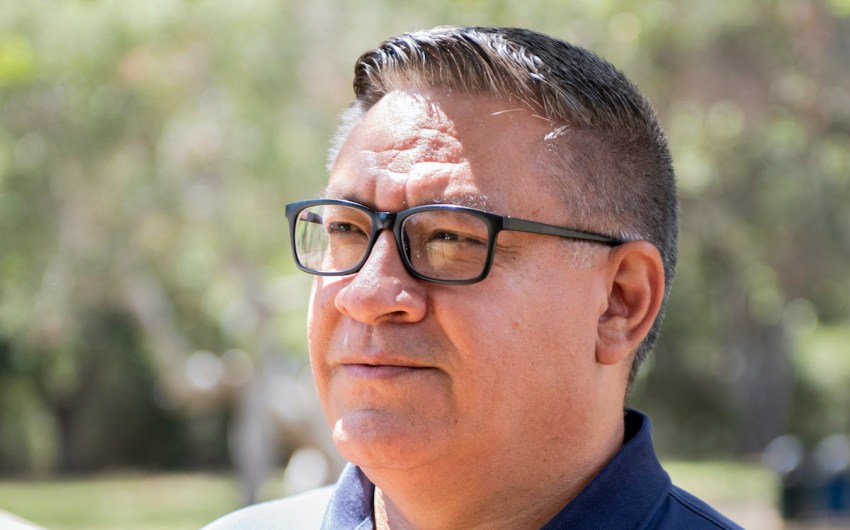
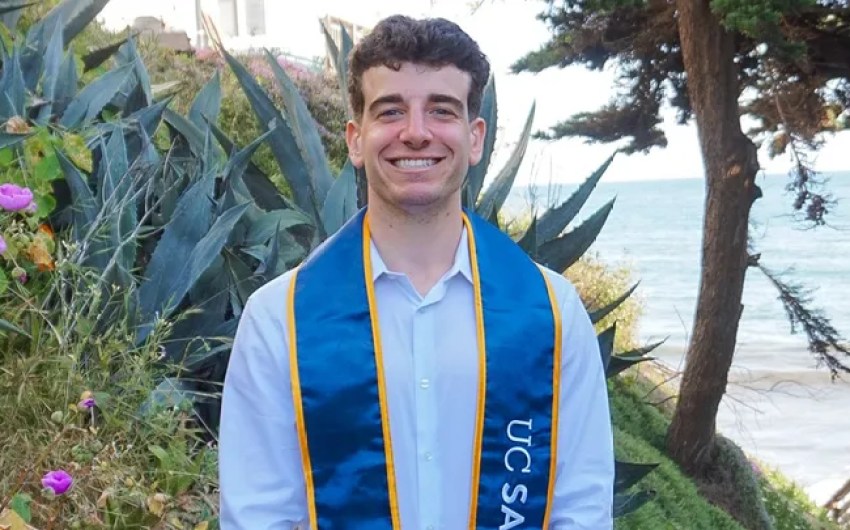
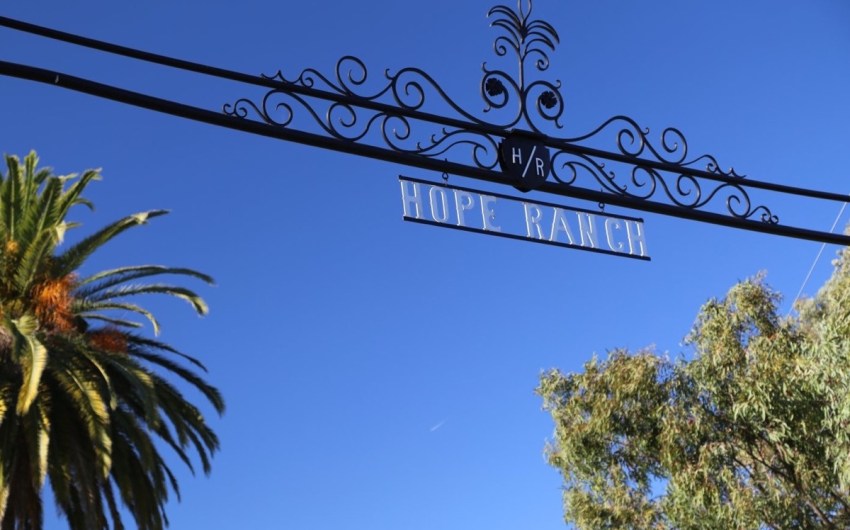
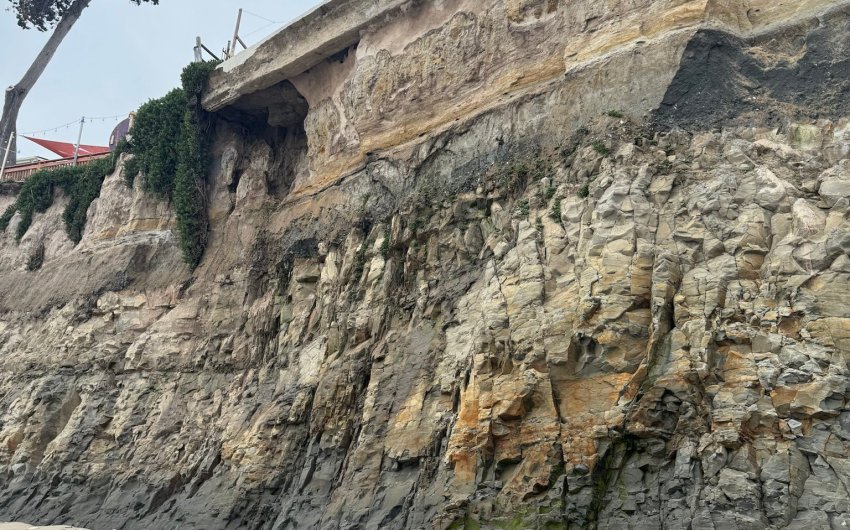
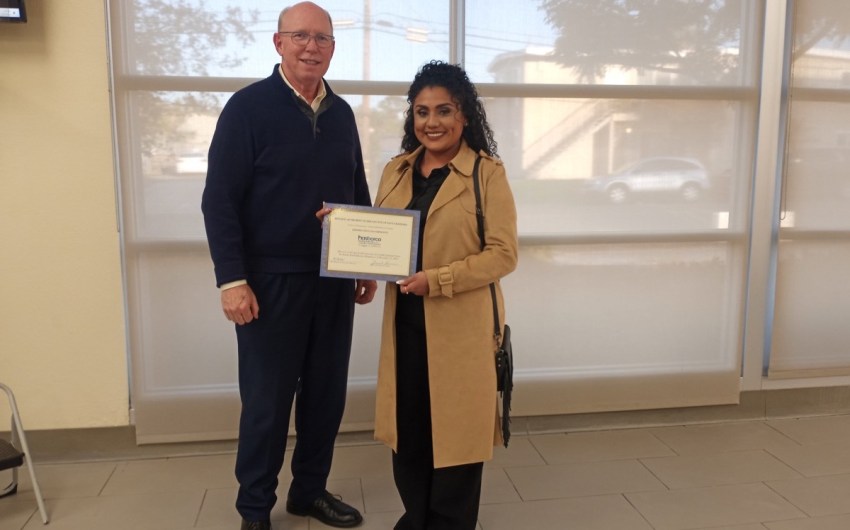
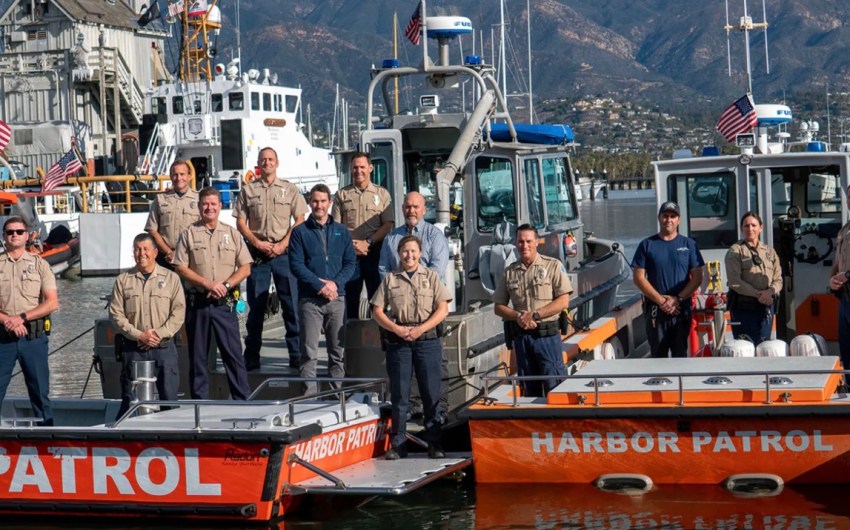

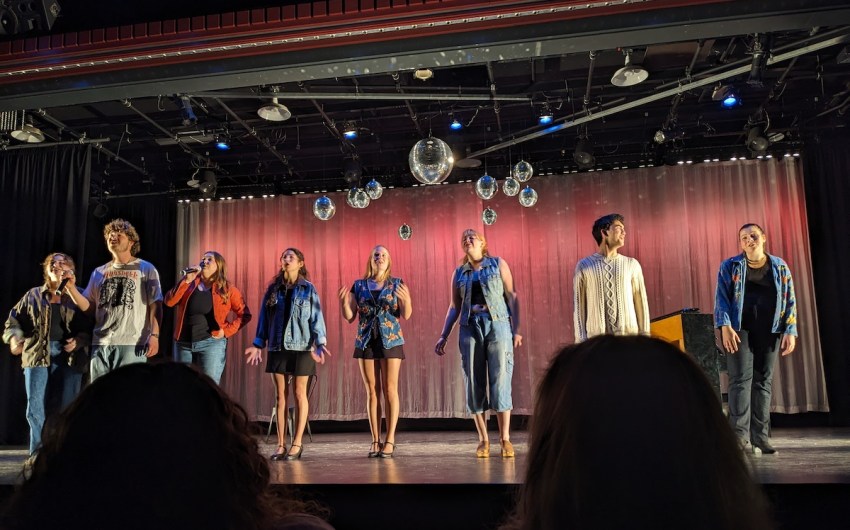
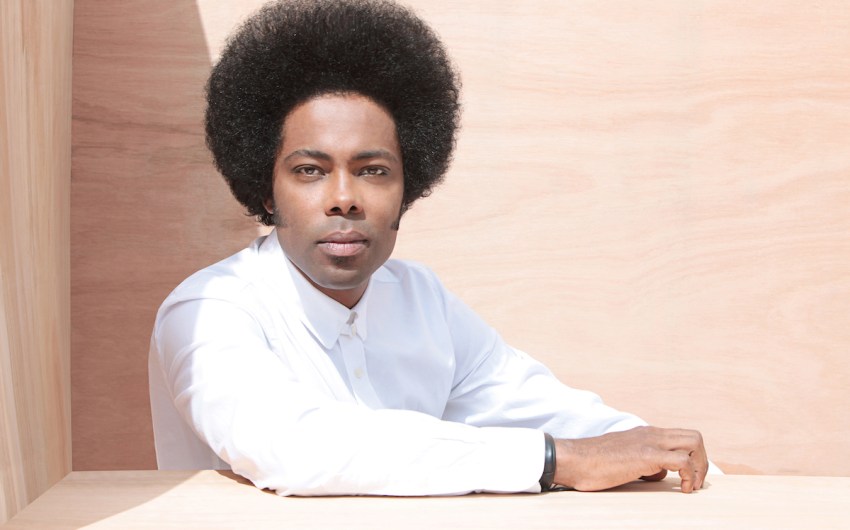
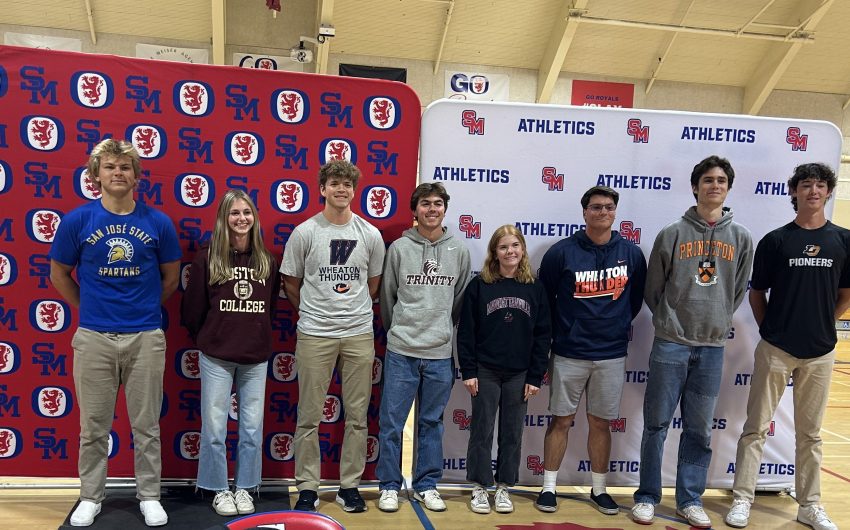






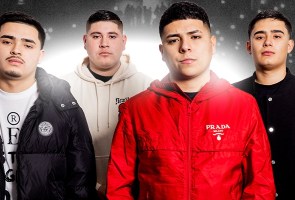


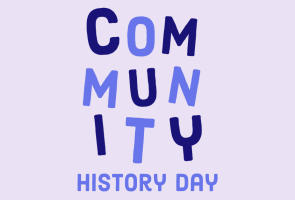
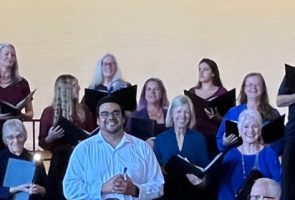

You must be logged in to post a comment.